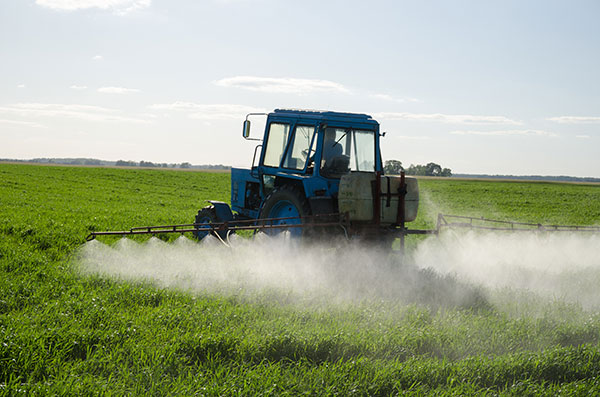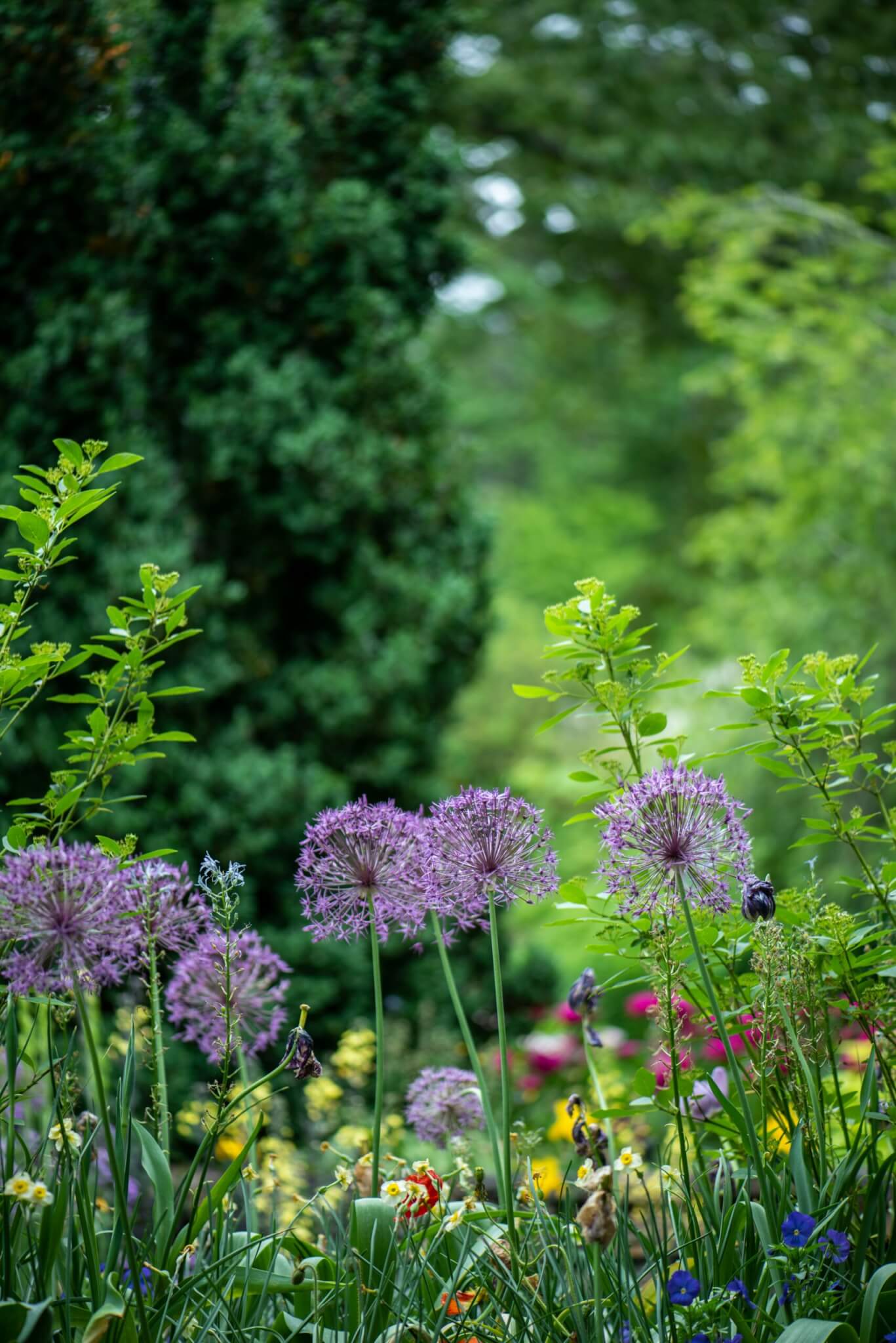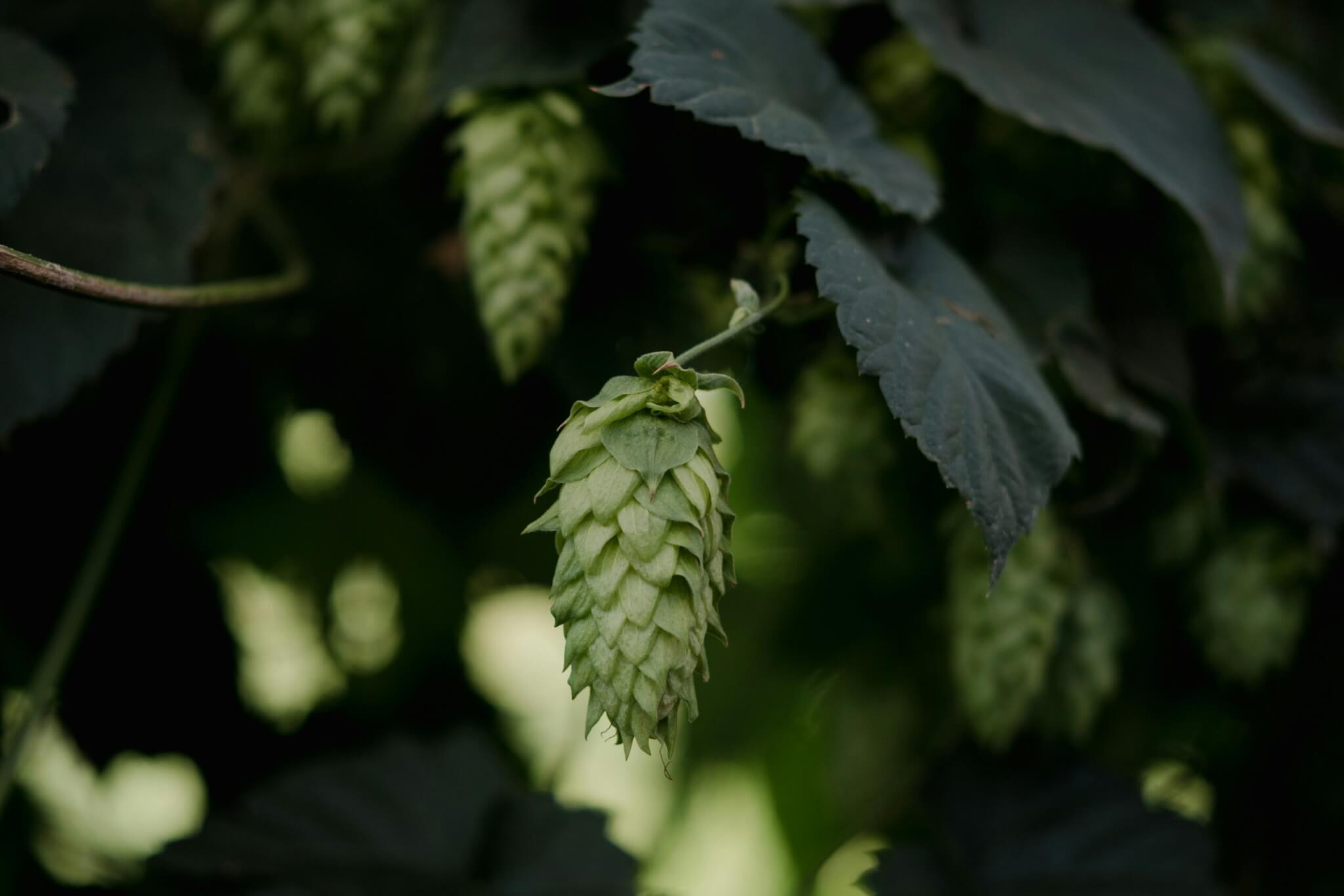The world’s biggest pesticide companies are making billions from chemicals classed as ‘highly hazardous’ used on commodity crops like soya and corn, a new investigation has found.
Agrochemical giants BASF, Bayer, Corteva, FMC and Syngenta, who comprise five out of the six members of influential lobby group CropLife, made 35 per cent of their sales from pesticides that are found by regulatory authorities to cause risk of cancer or reproductive failure.
Greenpeace’s investigative journalism arm Unearthed and Swiss NGO Public Eye obtained the sales records of the five biggest agri chemical companies via intelligence firm Phillips McDougall. It combined this data with data from the Pesticide Action Network (PAN) that lists sales of highly hazardous pesticides (HHPs), an found that 40 per cent of the leading products of the agochemical giants contained at least one HHP.

With sales totalling over a billion dollars, the biggest seller was glyphosate, classed by the International Agency for Research on Cancer as a “probable human carcinogen”, Glyphosate manufacturer Bayer and various regulators have rejected this classification.
Other top sellers include BASF’s weedkiller glufosinate and Corteva’s fungicide cyproconazole, both classed by EU regulators as damaging to fertility, sexual function or the unborn child.
The investigation found that two third of these sales were made in low- and middle-income countries like Brazil and India, where pesticide risk is considered more serious.

The news is at odds with the corporate image presented by these companies, who use language and case studies based on soil health, sustainability and support for farmers.
Syngenta’s global website features a video montage of what looks like sustainable farming, including a close up of a bee on a flower. The Unearthed investigation found more than a billion dollars of the top five pesticide company sales came from chemicals – some now banned in European markets – that are highly toxic to bees.
“This investigation shows that there is a huge disconnect between what those companies are saying in the international policy arena and what they are actually doing,” senior science policy advisor to PAN, Meriel Watts, told Unearthed.













And they all make much much more than the quoted figures in turnover on chemic.
I’m glad you are raising awareness of this serious global issue. Use of glyphosate compromises even the best organic farming through the water cycle and rainfall. Do you and / or Guy Singh-Watson connect with Dr Zach Bush and his Farmers Footprint initiative in the USA? You could make quite an influential alliance there, I believe.
Hi CardoonMan, thanks for the feedback and suggestion. Guy would definitely approve of your online name too as he has long championed cardoons to UK veg lovers!